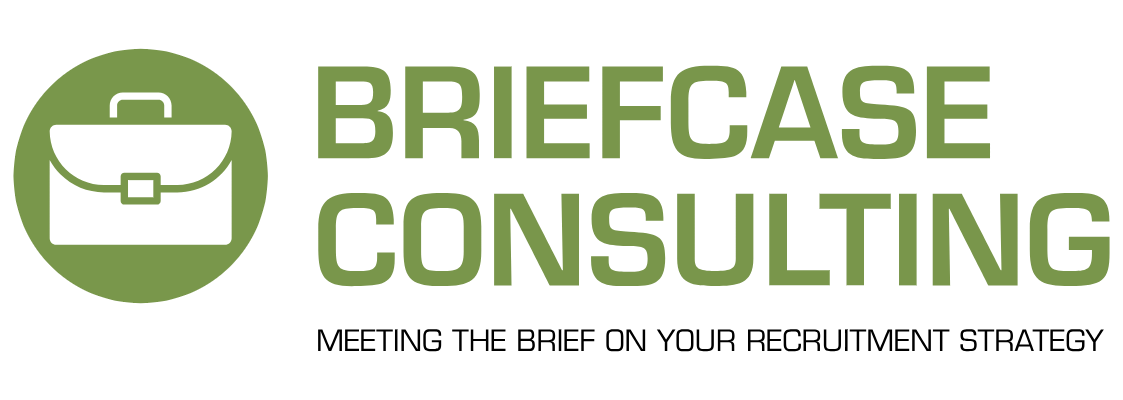The Rise of Legal Tech Roles: What Candidates Should Know
The legal industry is undergoing a major shift as firms and in-house teams increasingly adopt technology to streamline workflows, reduce costs, and deliver more efficient client service. This shift is fueling rapid growth in legal tech roles — a space where law, technology, and innovation intersect.
What Are Legal Tech Roles?
Legal tech roles cover a range of positions that focus on improving legal services through technology, such as:
· Legal Technologists – Bridge the gap between legal teams and IT, helping select, implement, and optimize legal technology solutions.
· Document Automation Specialists – Design and manage automated document systems to increase drafting efficiency and reduce errors.
· eDiscovery Analysts – Oversee electronic discovery processes, ensuring data is collected, preserved, and reviewed in compliance with legal standards.
· AI Implementation Consultants – Guide the integration of AI tools for tasks like contract analysis, legal research, and document review.
· Innovation Managers – Lead change initiatives within firms, promoting new tools, processes, and service models to drive growth and efficiency.
Key Skills in Demand
· Understanding of Legal Processes – You don’t need to be a lawyer, but knowing how legal workflows function helps tailor technology solutions that fit real-world practice.
· Project Management – Legal tech projects often involve cross-functional teams. Strong project management skills ensure initiatives stay on time and budget.
· Data Analysis – Being able to interpret data from legal operations, eDiscovery, or contract management tools allows for better decision-making and process improvements.
· Familiarity with Legal Software – Proficiency with platforms like Relativity, HighQ, or document automation tools is highly valued. The ability to learn new systems quickly is just as important.
· Change Management – Technology is only effective if people adopt it. Skills in managing change—training teams, handling resistance, and fostering buy-in—are critical.
What Employers Value in Candidates
· Hybrid Legal/Tech Backgrounds – Employers favor candidates who understand both legal practice and technology, whether through formal education, certifications, or on-the-job experience.
· Problem-Solving Mindset – Legal tech roles aren’t just about following instructions; they’re about identifying inefficiencies and designing solutions that work in practice.
· Experience Driving Efficiency – Whether through automation, workflow redesign, or improved tech adoption, candidates who’ve led or contributed to projects that made legal work more efficient stand out.
Tip for Job Seekers: Even if you’re not in a formal legal tech position, highlight your involvement in technology-driven initiatives—like helping implement a new platform, participating in a process improvement project, or finding creative ways to streamline work using tech.
